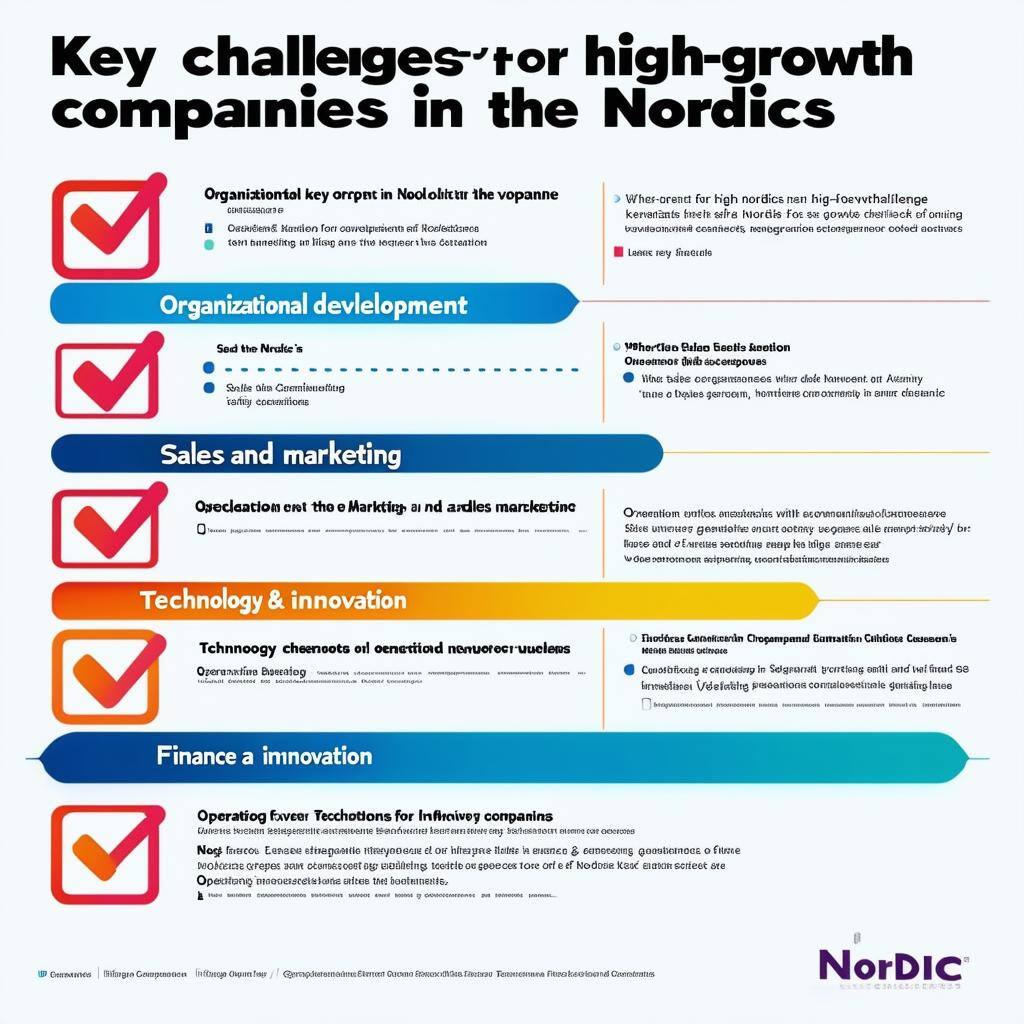Maximizing Efficiency: The Benefits of AI in B2B Selling
Discover how incorporating AI in B2B selling can revolutionize your business and maximize efficiency.
3 min read
Oliver Lopez
:
2023-dec-06 00:46:55

Discover how combining data-driven insights with human touch can enhance B2B strategies and drive success.
In today's data-driven world, businesses have access to vast amounts of information that can provide valuable insights. By harnessing the power of data-driven insights, B2B companies can make informed decisions and drive strategic growth. Data analysis allows businesses to identify trends, patterns, and customer preferences, enabling them to optimize their B2B strategies.
Data-driven insights can help businesses understand their target audience better and tailor their messaging and offerings accordingly. By analyzing customer data, B2B companies can gain a deep understanding of their customers' pain points, challenges, and preferences. This knowledge allows them to develop personalized solutions and strategies that address their customers' specific needs.
Moreover, data-driven insights can also help B2B companies identify new market opportunities and potential customers. By analyzing market trends and competitor data, businesses can uncover untapped markets and develop targeted marketing campaigns. This enables them to expand their reach and attract new customers, driving growth and success.
While data-driven insights are invaluable, it's essential not to overlook the importance of the human touch in B2B strategies. B2B transactions are ultimately driven by relationships and trust. Building strong relationships with customers and partners is crucial for long-term success.
The human touch involves personalized interactions, effective communication, and understanding the unique needs of each customer. It's about going beyond the data and connecting on a human level. By taking the time to understand their customers' businesses, challenges, and goals, B2B companies can establish trust and credibility.
The human touch also plays a significant role in customer retention and loyalty. When businesses prioritize building strong relationships, customers are more likely to stay loyal and continue doing business with them. This leads to increased customer lifetime value and a competitive edge in the market.
In a world where technology is advancing rapidly, the human touch remains a crucial element in B2B strategies. It's what sets businesses apart and fosters meaningful connections.
To truly optimize B2B strategies, it's essential to blend data-driven insights with the human touch. These two elements complement each other and create a powerful combination that drives success.
By using data-driven insights, B2B companies can make informed decisions and develop targeted marketing campaigns. They can identify customer preferences, tailor their messaging, and optimize their offerings. Data helps businesses understand the 'what' and 'why' behind customer behavior, enabling them to create personalized experiences.
However, data alone is not enough. The human touch adds a layer of empathy and understanding that strengthens customer relationships. By engaging with customers on a personal level, businesses can build trust and loyalty. The human touch allows B2B companies to address individual needs, provide exceptional customer service, and create memorable experiences.
Blending data and the human touch requires a holistic approach to B2B strategies. It involves leveraging data-driven insights to inform decision-making while prioritizing personalized interactions and building strong relationships. When these two elements are combined effectively, businesses can achieve sustainable growth and stand out in a competitive market.
Personalization is a key aspect of the human touch in B2B strategies. By tailoring offerings, communications, and experiences to individual customers, businesses can build strong relationships and drive customer loyalty.
Data-driven insights play a crucial role in personalization. By analyzing customer data, businesses can understand their customers' preferences, behavior, and needs. This allows them to create customized solutions and deliver personalized experiences.
Personalization goes beyond addressing customers by their names or sending personalized emails. It involves understanding their pain points, challenges, and goals and providing tailored solutions that meet their specific needs. By showing customers that they are understood and valued, businesses can foster long-term relationships.
Moreover, personalization also extends to post-purchase interactions. Following up with customers, providing ongoing support, and continuously delivering value demonstrates a commitment to their success. By nurturing relationships and staying engaged, B2B companies can build trust and loyalty, leading to repeat business and referrals.
Data-driven insights are instrumental in optimizing B2B campaigns and driving results. By analyzing campaign data, businesses can identify what's working and what's not, allowing them to make data-backed adjustments and improvements.
Data analysis can reveal valuable information about campaign performance, audience engagement, and conversion rates. It enables businesses to identify trends, patterns, and areas for optimization. By understanding which messaging resonates with their target audience, B2B companies can refine their campaigns and maximize their impact.
Moreover, data-driven insights can also help businesses identify opportunities for campaign expansion and diversification. By analyzing customer data, businesses can identify segments that are more likely to respond positively to specific campaigns or offerings. This allows them to allocate resources effectively and target their efforts where they will yield the highest return on investment.
Leveraging data-driven insights in B2B campaigns is an ongoing process. By continuously monitoring and analyzing data, businesses can stay ahead of market trends and customer preferences. This enables them to adapt their strategies and campaigns to remain relevant and effective in a rapidly evolving business landscape.

Discover how incorporating AI in B2B selling can revolutionize your business and maximize efficiency.

In today's fast-paced digital world, Artificial Intelligence (AI) is more than just a buzzword—it's a game-changer ⚡, especially in the realm of...

In the dynamic business landscape of the Nordic region, high-growth companies face a unique set of challenges as they strive to scale and succeed....